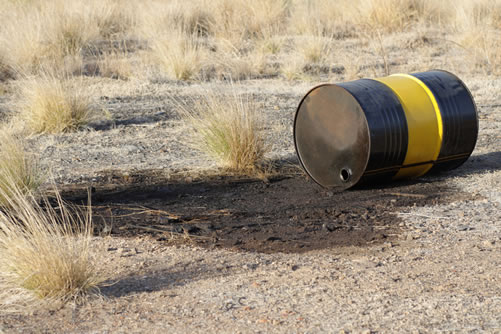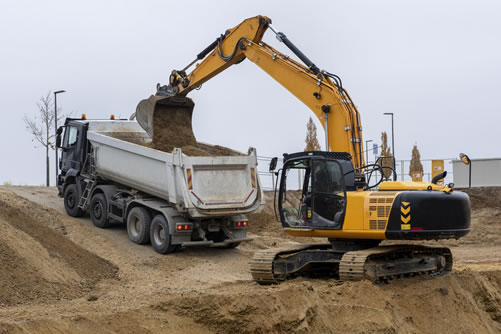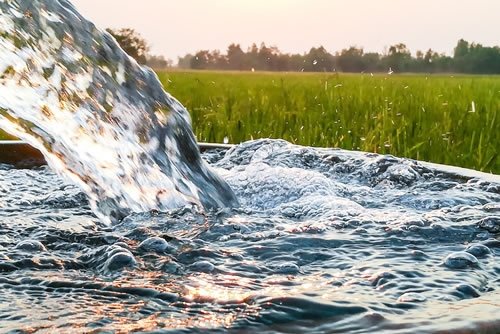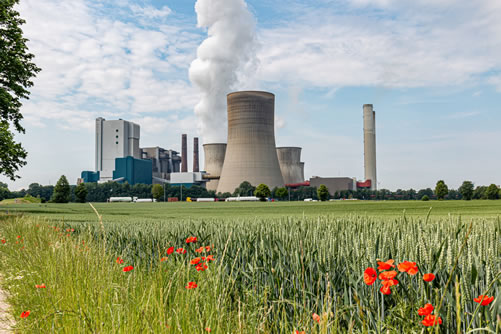RIPA : Réseau des Intervenants en situation Post-Accidentelle
LETOURNEUR CONSEIL has been a member of the Réseau des Intervenants en situation Post-Accidentelle (RIPA) since 2020, and has signed up again for a new three-year cycle from 2023 to 2025.
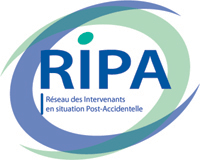
The aim of this network is to establish certain measures to be taken in order to anticipate a technological accident or reduce its impact over the long term.
When an accident occurs, samples must be taken from each site environment (soil, water, air, plants, etc.) in order to determine the area of impact of the pollution, and to better understand the management measures to be implemented by the authorities. These essential investigations must meet quality and timeframe requirements.
On February 20, 2020, an interministerial circular was sent to prefects and various decentralized government departments to improve the management of the environmental and health impacts of technological accidents outside the emergency phase (post-accident phase). As part of this circular, the French Ministry of Ecology, Sustainable Development and Energy called for the creation of a Réseau d'Intervenants en Situation Post-Accidentelle (RIPA).
The RIPA network was set up to assess the risks and manage the delayed effects of pollutants accidentally released into the environment. RIPA members have agreed to abide by a commitment charter drawn up by INERIS, which is also responsible for keeping a technical watch on standards and methods for analyzing substances in different exposure environments. This network carries out sampling and analysis in line with the commitments set out in the charter, and reports back to INERIS with details of the work carried out. It ensures nationwide coverage, enabling quality services to be provided as quickly as possible.
RIPA may be requested by the operator of the activity causing the incident, or by government departments.
Membership of the RIPA network is reserved for :
- Organizations accredited by COFRAC to standard NF EN ISO/CEI 17025 for the sampling (and, where appropriate, analysis) of at least one environmental matrix (air, soil, waste, water);
- Organizations accredited by COFRAC to standard NF EN ISO/CEI 17025 for the analysis of dioxins/furans (PCDD/F) and dioxin-like PCBs (PCB-DL) in at least one environmental matrix;
- Organizations certified as "prestataires de services sites et sols pollués" (service providers for polluted sites and soils) under standard NF X 31-620 for studies, assistance and monitoring or engineering of remediation work;
- Associations Agréées de Surveillance de la Qualité de l'Air (AASQA).
The RIPA network has been effective since September 1, 2013, and the whole of France, as well as DROM-COM, are covered by some fifty network participants.
-
Letourneur Conseil
-
103 avenue Félix Faure
75015 Paris France -
01 78 16 45 10


